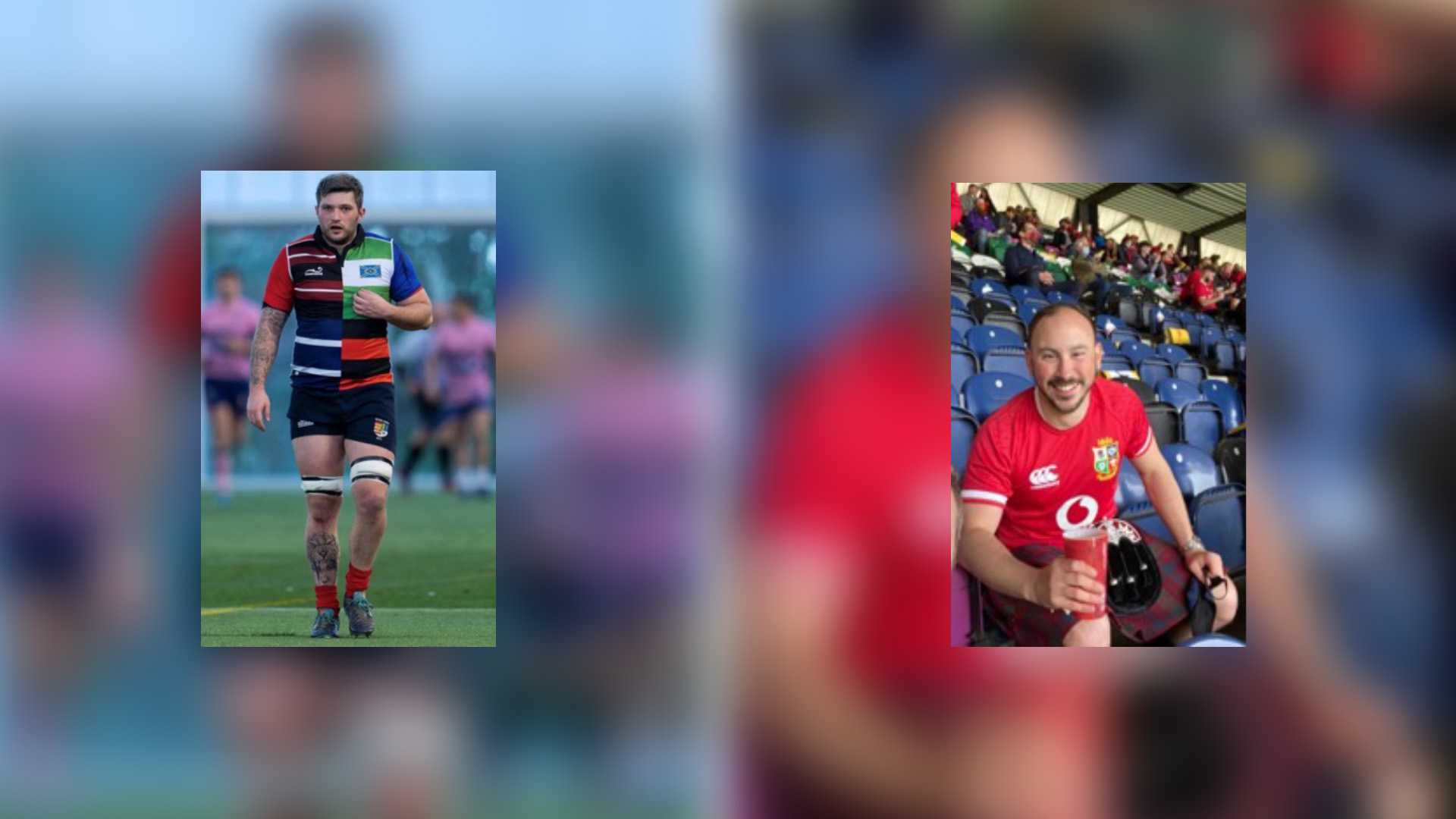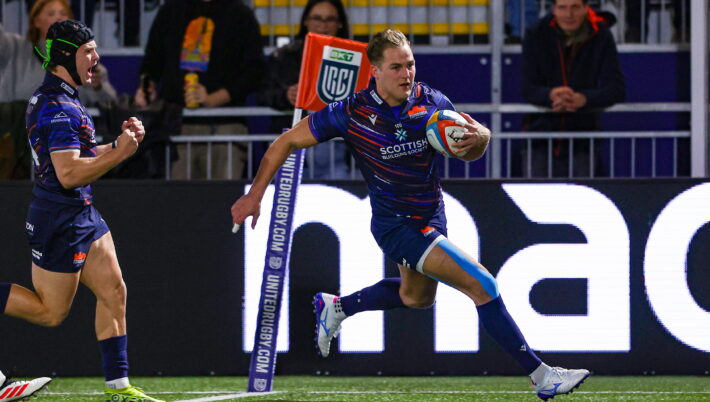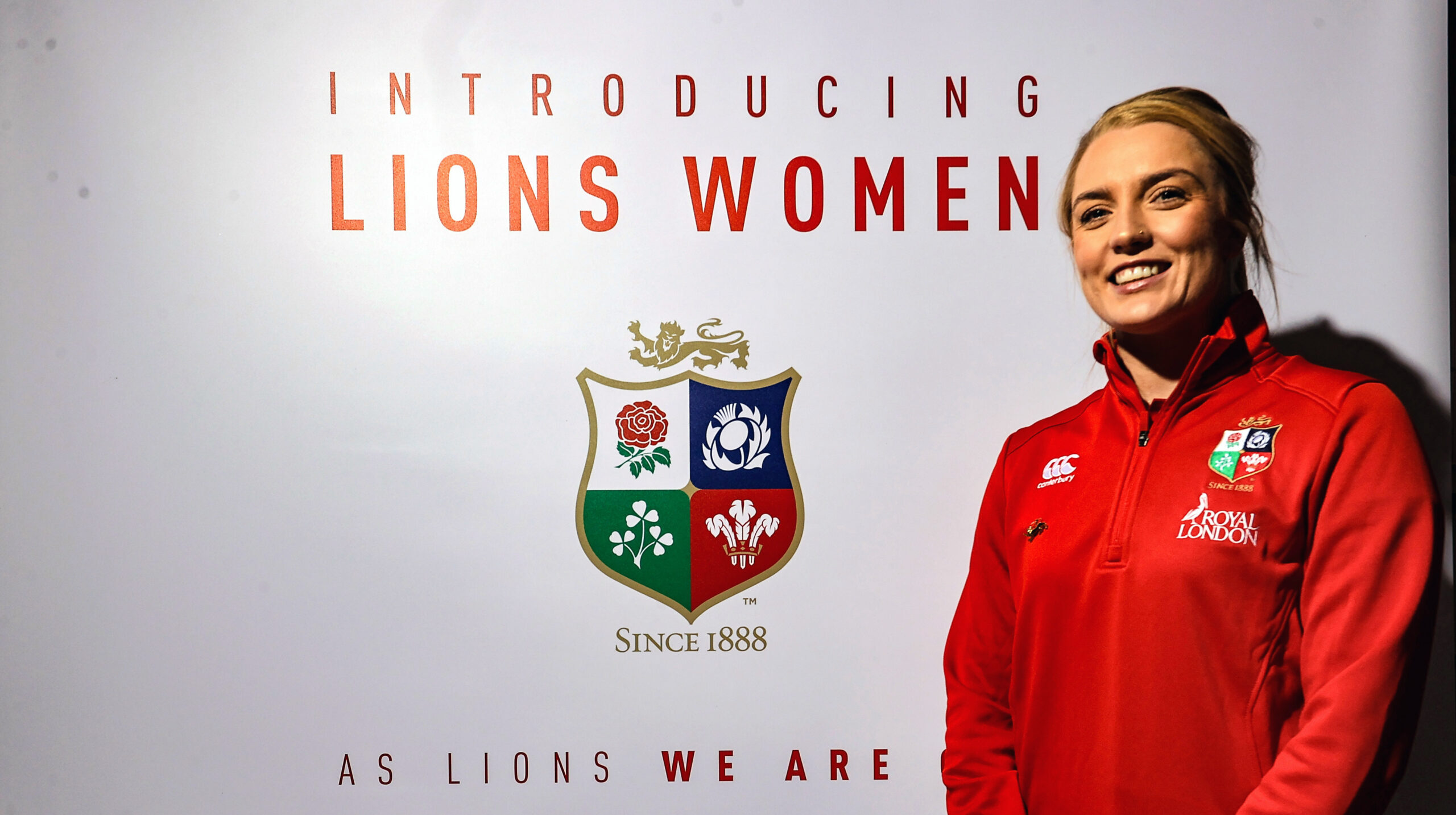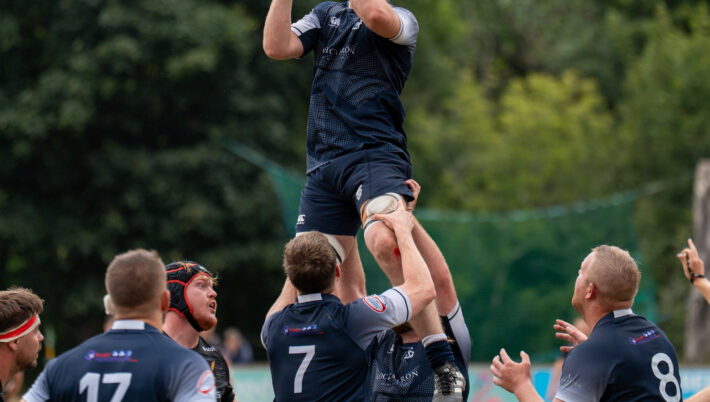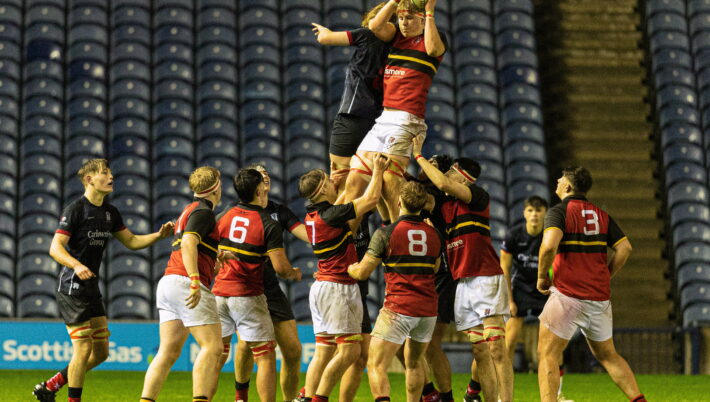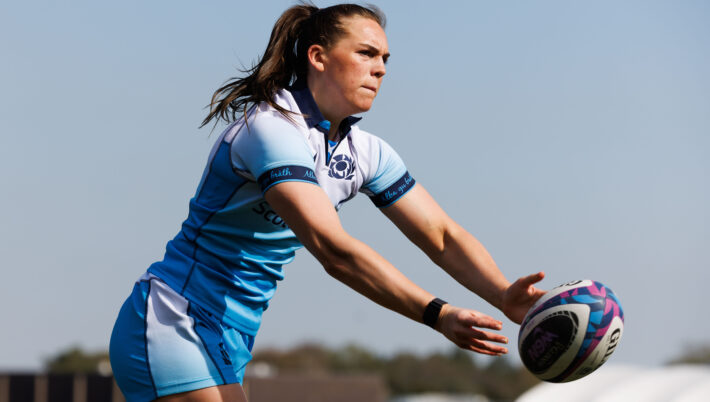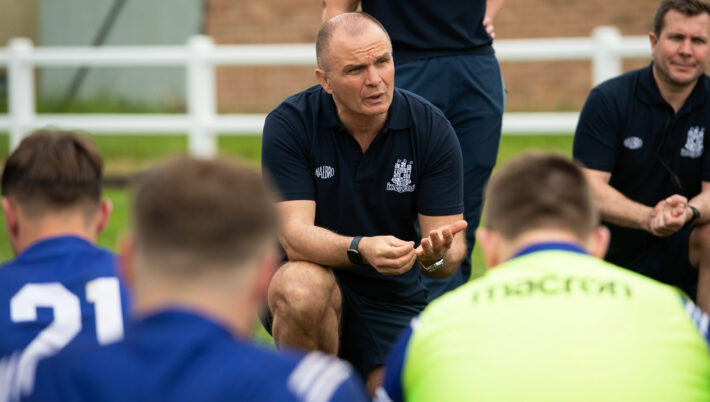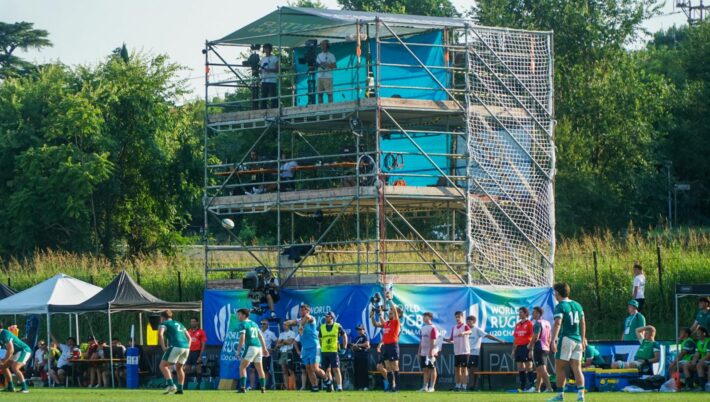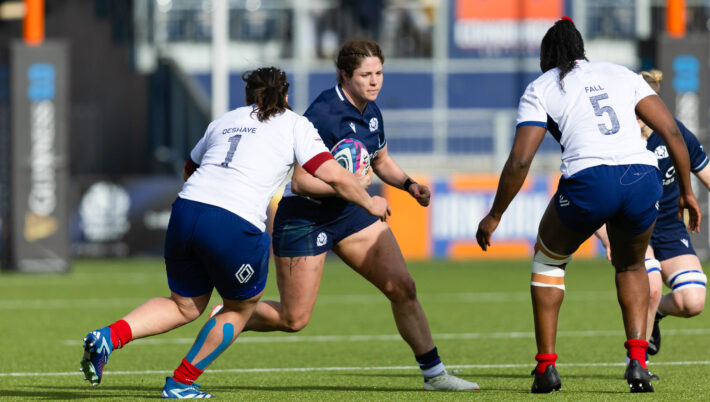Each week, 12 young people under the age of 35 are lost to sudden cardiac death in the UK. However, new research from the British Heart Foundation (BHF) reveals that the nation is largely unaware of the devastating effect heart disease has on young people.
Aiden Hoenigmann died aged just 27, after a sudden cardiac arrest at home in January this year, leaving behind seven-year-old son Oskar and his partner Sarah Mercer, who is pregnant.
His dad, Paul, said: “The biggest challenge is that we don’t really know what happened to Aiden. They did an autopsy on his heart, and it appeared to be fine. They are now testing his DNA to see if there was some genetic reason for what happened, but we have been told to prepare that we may never know why or what happened. Which makes it even more difficult to deal with and understand.”
A talented rugby player who captained Ross High Rugby Club in Tranent, Aiden had felt unwell and was contacting his GP surgery when he collapsed.
His partner Sarah called 999 and managed to give Aiden CPR until paramedics arrived and took him to hospital where he was placed in a medically induced coma, but sadly he passed away.
“He was my only child,” added Paul. “Everyone is still in shock. Every day we live with this pain that doesn’t go away. But it’s alarming when you hear about how often this happens.”
Almost a quarter (24%) of Scots surveyed don’t believe a heart condition can affect you if you are healthy and aged under 35. Those surveyed also severely underestimated the number of under 35s that die each week from sudden cardiac death, with most thinking it was 3-4 people – two thirds less than the shocking reality in the UK.
The BHF is making an urgent call for more funding into research to understand the causes, and find cures, for sudden cardiac death.
There is more to understand about why sudden cardiac death can affect seemingly healthy young people, but in many cases these tragedies are attributed to inherited or congenital heart conditions.
The BHF is leading the way in cutting-edge research and innovation into heart and circulatory disease and sudden cardiac death with groundbreaking studies underway across the UK and around the world.
The charity’s £30 million CureHeart programme – the most ambitious research grant in the BHF’s history – aims to develop the first cures for inherited heart muscle diseases.
Led by Professor Hugh Watkins at Oxford University, a team is developing revolutionary gene therapy technologies to target the genetic faults that can cause these conditions.
In another study, Professor Elijah Behr at St George’s, London University, is hunting the genetic clues behind unexplained cardiac arrests.
But the nation’s biggest heart charity says more needs to be done to prevent the tragedies that strike 12 families every week in the UK.
David Hill’s family are also dealing with losing the popular, rugby-mad political aide, who died on 19 March 2022 in Dublin while playing for the Scottish Parliament rugby team against the Irish Parliament. The 30-year-old from Dumfries was 10 minutes into the game, when he collapsed on the pitch with no warning.
A postmortem later discovered David likely had a genetic abnormality linked to Brughada Syndrome, a rare and often hidden, heart condition, which can lead to sudden cardiac death.
Close family members have now been tested for inherited cardiac conditions, including genetic testing.
“Just three weeks before he died, David was at his sister’s wedding, and it was the last time we all saw him alive,” says Rodger.
“He’s missing from every family photo since then. His death has left a big gaping hole, but you just have to keep processing the grief. David and I were season ticket holders at Murrayfield and the first time I went back, the seat was empty.
“But we are positive ‘doing’ people and we’ve been raising awareness, talking to schools about cardiac health, fundraising and we plan to put a portable defibrillator into every secondary school across Dumfries and Galloway.
“We can’t change the outcome for David but maybe we can change the outcome for another family.”
David McColgan, Head of BHF Scotland, said: “Too many lives, like Aiden and David’s, are being taken too soon by sudden cardiac death and we want to thank their loved ones who have kindly agreed to share their stories.
“When Scotland faced Canada on the weekend past, thousands of viewers saw the BHF Scotland pitch-side advertising referencing shocking statistics about cardiac death.
“No-one should have to experience the loss of their child, sibling or parent, but sadly that is the cruel reality of heart disease – it doesn’t discriminate.
“The BHF is already carrying out groundbreaking research to treat and prevent the causes of sudden cardiac death, but there is still more to do. We urgently need donations to help us fund more lifesaving research to prevent other families going through this heartbreak.”
Dr Karen Barclay, Scottish Rugby’s Rugby Development Welfare Manager, said: “Firstly, the families of both Aiden and David remain very much in the thoughts of everyone at Scottish Rugby and the wider rugby community.
“Their tragic experience underlines the importance of the work we are doing – alongside British Heart Foundation Scotland – to provide access to CPR training in rugby clubs across the country.
“The statistics are a stark reminder: only one in 10 people survive an out-of-hospital cardiac arrest in Scotland. Every minute without CPR and the use of a defibrillator reduces the chance of survival by 10%.
“That’s why we are also actively exploring, how we can bolster the number of fully-working defibrillators in rugby clubs across the country and that the location of these defibrillators is logged in Scottish Ambulance Service control rooms.
“We commend British Heart Foundation for their determination to raise awareness of the condition and for everyone to become more knowledgeable of what can be done to boost the chances of survival.”
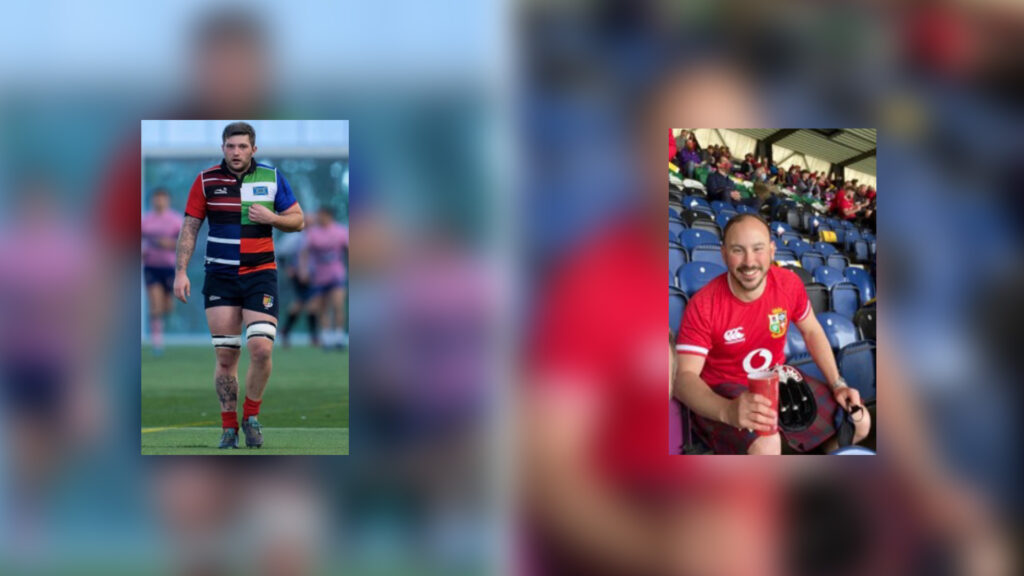
Pictured, left and then right: Aiden Hoenigmann and David Hill.







